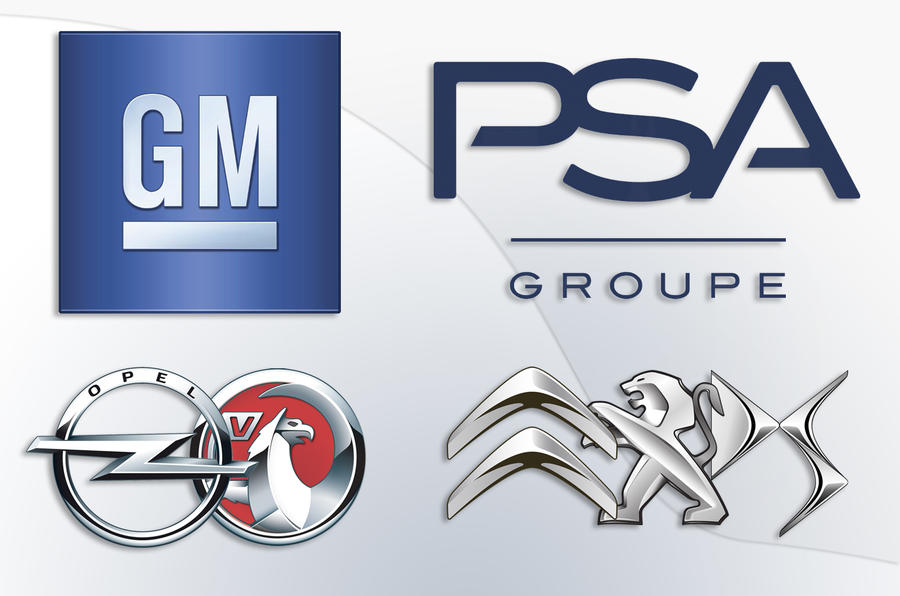If PSA emerges victorious in the takeover of Opel-Vauxhall, it will be fascinating if a lesson from the past influences its strategy for the future.
Peugeot, many will remember, once had a huge manufacturing footprint in the UK, a legacy of buying Rootes Group in 1978. But rationalisation reduced its UK production to the point where it was assembling the 206 supermini from kits of parts mostly trucked in from France.
PSA closed its last UK plant at Ryton, Coventry in January 2007 with the loss of 2300 jobs after deciding that it wasn’t worth investing to integrate the British plant into its European factory network to build the 207.
Ever since, Peugeot’s share of UK new car sales has been on the slide, a decline that might shine some light on the future actions of PSA’s current CEO Carlos Tavares (pictured below), if he ever comes to decide the future of Vauxhall’s plants at Ellesmere Port and Luton, homes to the Astra and Vivaro van, respectively.

Back in 2006, Peugeot sold 144,132 cars in the UK to grab 6.15% market share and third in the overall sales charts. Times were good and the 206/207 was sixth best-selling model with local production at Ryton making the difference.
Yet ten years on Peugeot sales have subsided to 98,529 cars for a much diminished market share of 3.23%. It is now number eight overall with a strong chance its closest rival, Toyota, with a UK plant, might overhaul it in 2017.
Of course the past decade has also been tough on Vauxhall, stronger competition whittling its 12.89% market share down to 9.32%.
However, the sales gap with PSA has widened in favour of Vauxhall, which enjoys two-and-a half times the market share of the French company and retains the number two spot overall, while the British-built Astra keeps sales buoyant and the brand thriving.






Join the debate
Add your comment
Head-scratcher
Product
The UK buying public, for the